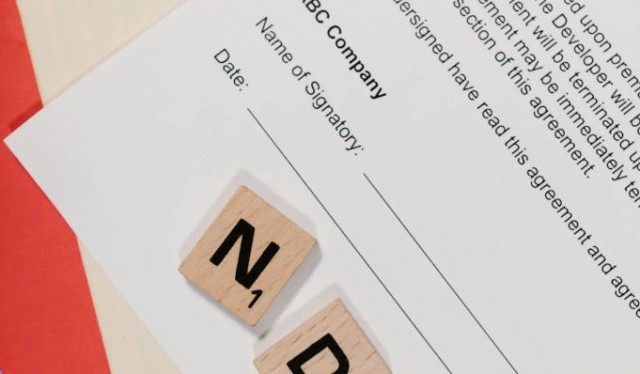
The surge in interest surrounding non-GamStop casinos has undeniably sparked a nuanced discourse around the legal implications involved. As online gambling continues to expand, the presence of non-GamStop sites represents a compelling alternative for those seeking more lenient gaming platforms. These platforms operate independently of the UK Gambling Commission (UKGC) and its self-exclusion program, GamStop. Consequently, they pose unique considerations for players and regulators alike, raising the critical question: does playing with non gamstop sites pose a legal risk? The allure lies in their promise of less restrictive gambling experiences, yet this freedom comes with potential legal risks that conscientious players must evaluate. While enticing, these sites often function under international jurisdictions with varying levels of regulatory oversight, creating a complex legal landscape. Understanding the potential risks associated with non-GamStop casinos is crucial for informed decision-making.
Understanding Non- GamStop casinos
Non-GamStop casinos are defined by their absence from the GamStop scheme, allowing players who have opted for self-exclusion to continue gambling. Unlike UK-licensed counterparts, they typically operate offshore, which often provides a more flexible gaming environment. Despite this, they are still responsible for adhering to gambling laws where they are licensed. The critical issue lies in the potential regulatory gaps, given their location outside UK jurisdiction. This position has made them a preferred choice for gamblers seeking greater autonomy in how they play. However, this independence raises significant questions about player protection and compliance with responsible gambling practices, especially within an evolving digital marketplace.
Legal risks and compliance challenges
The legal juxtaposition of non-GamStop casinos is multifaceted, largely influenced by international laws. Key concerns include compliance with anti-money laundering (AML) regulations and Know Your Customer (KYC) standards. Casinos must maintain these protocols to prevent illicit financial activities and protect player transactions. Furthermore, though these sites provide an escape from UK restrictions, failing to align with global gambling standards can pose significant legal and financial risks for both operators and players.
In essence, players must discern whether these platforms adhere to credible licensing bodies with a robust regulatory framework. Legal support services and compliance initiatives are instrumental in ensuring these sites operate within a legal framework while protecting consumer rights and interests.
Impact on players and responsible gambling
Engaging with non-GamStop sites demands a critical evaluation of their responsible gambling measures. While not obligated to follow UK regulations, these casinos nonetheless bear the responsibility of implementing adequate player protection tools. This may include offering self-exclusion options and providing resources for responsible gambling. Transparency in these practices is essential in maintaining a trustworthy relationship with consumers. Indeed, the platforms’ success often correlates with their ability to balance regulatory freedom with ethical responsibility and player safety.
The answer to does playing with non gamstop sites pose a legal risk? hinges on the player’s understanding of applicable laws and their vigilance in choosing reputable operators equipped with solid protection measures. As enticing as these options may be, players must recognize the significance of legal compliance to safeguard their gaming experience.

 Hot Features
Hot Features












